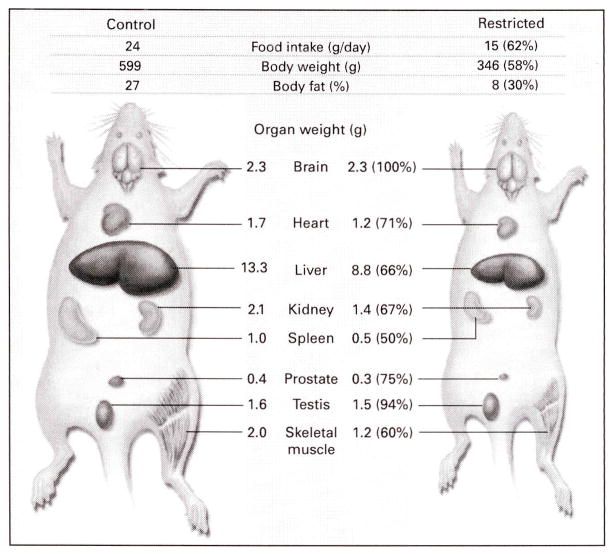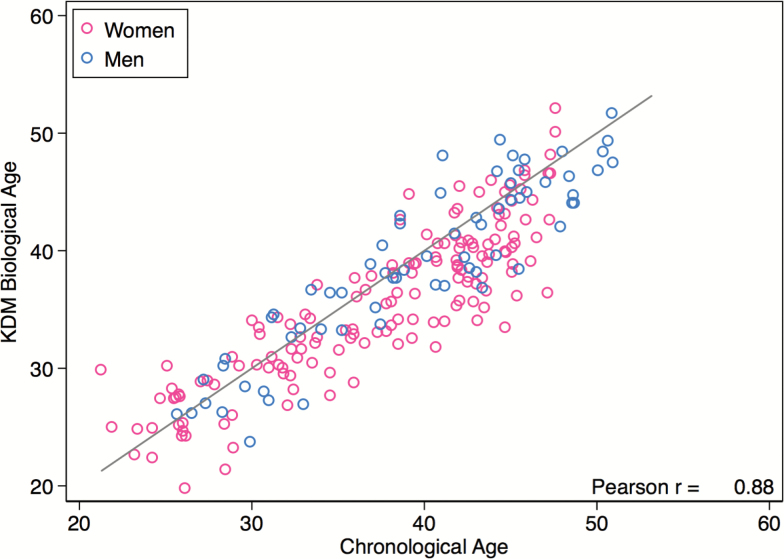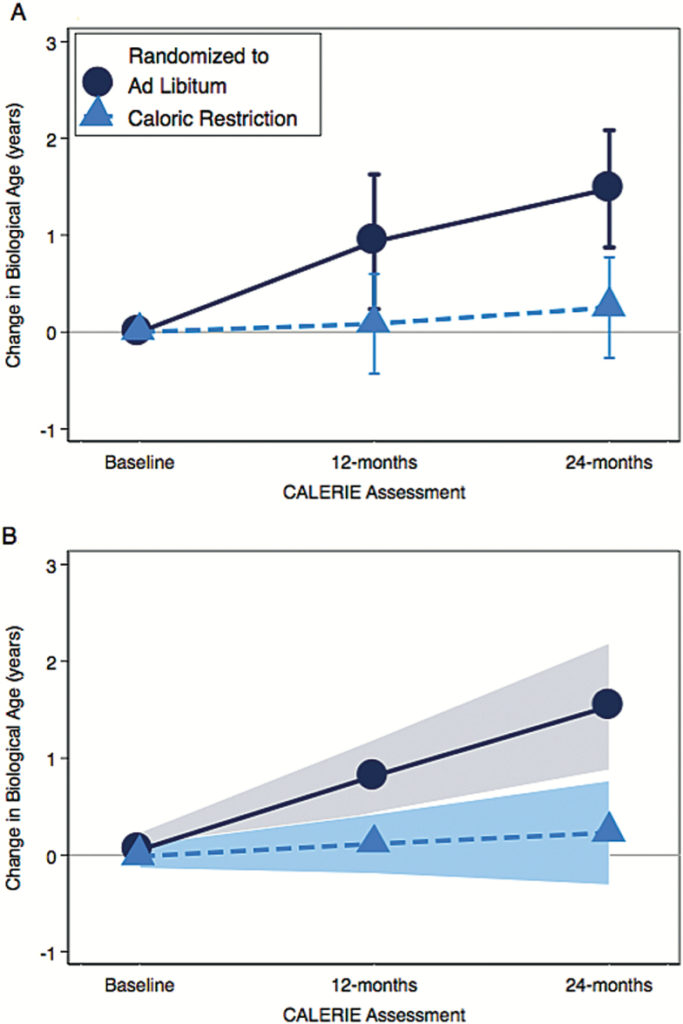CALERIE (Comprehensive Assessment of Long term Effects of Reducing Intake of Energy) was a study designed to determine the biological effects of two years of prolonged caloric restriction in humans.
218 adults – randomized to 2 groups. Control group followed their usual diet. Experimental group – goal was to reduce caloric intake by 25% but 12% reduction in caloric intake was achieved. This group achieved and maintained a 10% weight loss at 2 years.
Chronic caloric restriction is different than traditional fasting which is often followed by binge eating and is not healthy.
Animal studies in nematodes, rats and non-human primates have clearly shown increase in lifespan with caloric restriction.

Human data is sparse and CALERIE is one of the largest, best conducted trials. Summary of data from the CALERIE trial:
- Body composition changes favorably.
- Oxidative stress is reduced.
- Weight loss.
- Improved mood.
- Reduced tension.
- Improved general health.
- Improved sex drive.
- Improved sleep duration.
- Weight loss
The following graphs suggest that caloric restriction may slow the aging process. The jury is still out. However if the least it can do is slow down the obesity epidemic, it is worth adopting.


National Institute of Aging has a good summary article on caloric restriction and intermittent fasting but stops short of making firm recommendations.